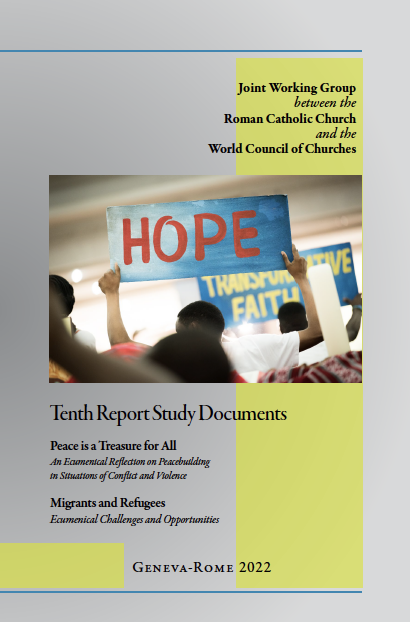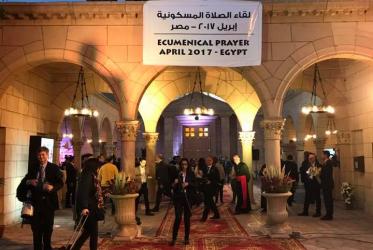Displaying 1 - 20 of 31
Tenth Report Study Documents
19 August 2022
Rethinking Ecological Relationships in the Anthropocene era
11 - 13 February 2021
WCC represented at G20 Interfaith forum in Tokyo
13 June 2019
WCC leader offers Steve de Gruchy Memorial Lecture
24 April 2018
Roman Catholic-WCC group focuses on peace-building, migration
19 September 2017










